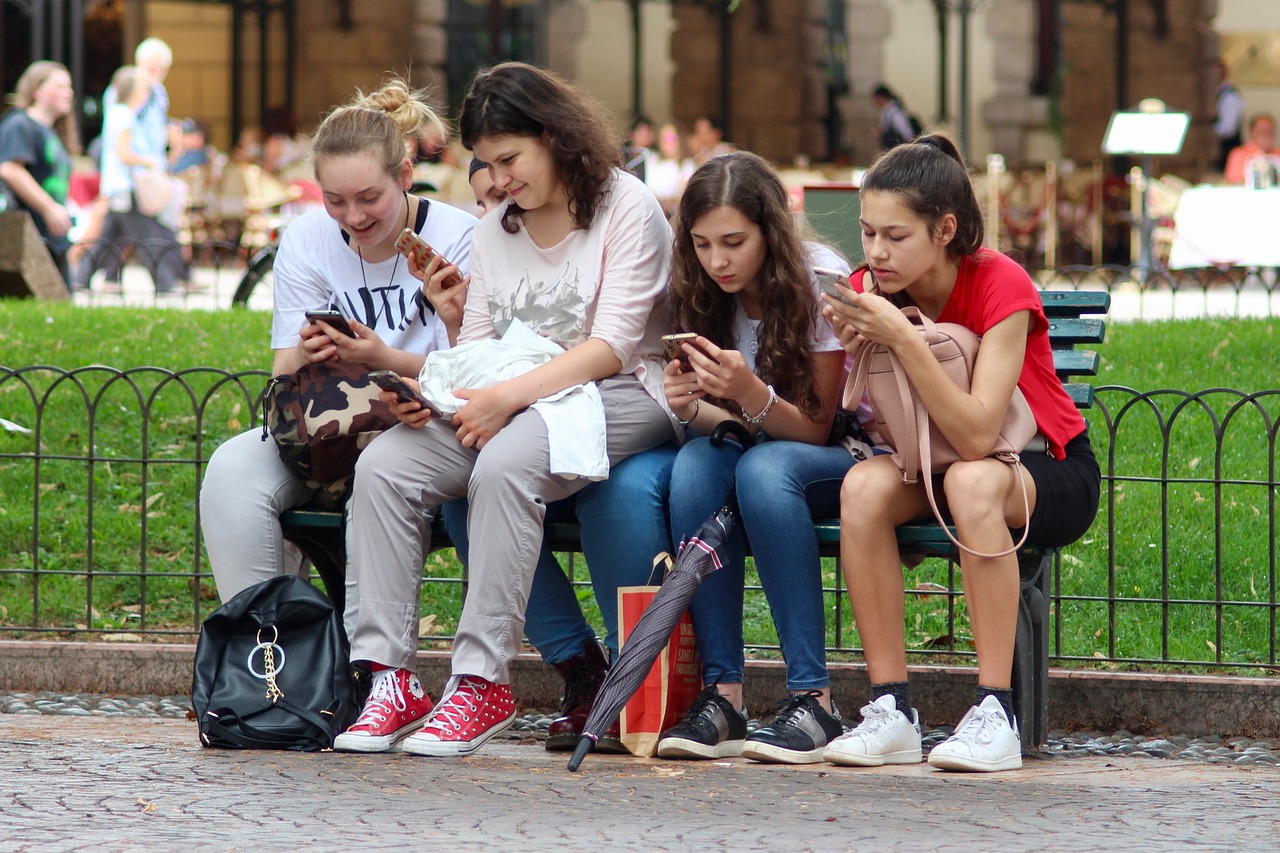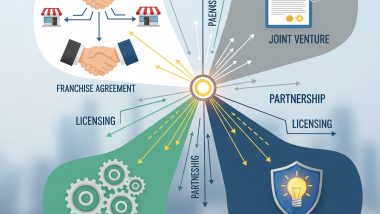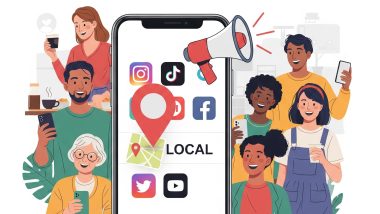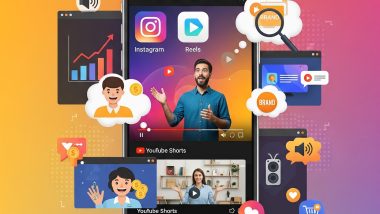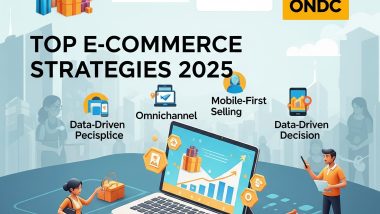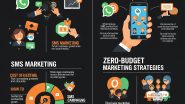Meme marketing, also known as "Memetic marketing," is a form of marketing that involves incorporating internet memes into advertising and promotional campaigns. Memes are humorous or relatable images, videos, or phrases that spread rapidly across social media and online platforms, often carrying cultural references or inside jokes that resonate with a specific audience.
Meme marketing can be a double-edged sword for businesses. When done right, it can be a powerful and cost-effective way to engage with younger audiences and create a viral buzz around a brand. However, when done poorly or insensitively, it can backfire and lead to negative publicity and damage to the brand's reputation. Let's explore both sides with an example for each:
Example of Successful Meme Marketing:
One of the most famous examples of successful meme marketing is the "Distracted Boyfriend" meme. In 2017, a stock photo depicting a man looking at another woman while his girlfriend looks on disapprovingly went viral. Several companies cleverly leveraged this meme to promote their products or services, adapting it to fit their brand messaging.
For instance, Netflix used the meme by replacing the characters with popular TV shows or movies, making them relatable to their audience. This meme not only entertained people but also helped Netflix gain widespread social media attention, reinforcing its brand as a provider of binge-worthy content. By tapping into the viral nature of the meme and understanding its audience, Netflix managed to effectively use meme marketing to increase brand awareness and engagement.
Example of Failed Meme Marketing:
In contrast, when brands use memes without a proper understanding of their audience or without considering cultural sensitivities, it can lead to backlash. A prime example of this was Pepsi's 2017 ad featuring Kendall Jenner.
In the ad, Jenner is shown leaving a photoshoot to join a protest, and she offers a can of Pepsi to a police officer as a gesture of unity. The ad faced severe criticism for trivializing social justice movements and protests, and for using a serious issue for commercial gain. The internet responded with numerous memes and parodies mocking the tone-deaf and insensitive nature of the ad. The backlash not only damaged Pepsi's reputation but also highlighted the importance of authenticity and sensitivity in meme marketing.
The effectiveness of meme marketing for businesses can vary based on several factors:
- Relevance and Understanding: Memes tend to be popular among certain internet-savvy demographics. If your target audience is familiar with and engages with memes, incorporating them into your marketing can increase your brand's relatability and appeal.
- Humor and Virality: Memes are often funny and shareable, which can lead to increased brand visibility and potential virality. If a meme resonates with your audience, they may share it with their friends, leading to more exposure for your brand.
- Brand Perception: Memes can help create a more casual and approachable brand image. However, it's essential to align the chosen memes with your brand's values and personality. Using inappropriate or offensive memes can harm your brand perception.
- Short-Term vs. Long-Term Impact: Memes have a relatively short lifespan as they quickly become stale and lose relevance. While they can be effective for short-term campaigns or to capitalize on trending topics, they may not have a lasting impact on brand recognition or customer loyalty.
- Risk of Overuse or Backlash: Memes can lose their charm if overused or misused in marketing efforts. Additionally, if not carefully executed, meme marketing can lead to backlash from internet users who may perceive it as inauthentic or opportunistic.
- Legal and Copyright Considerations: Some memes might be copyrighted or owned by other creators, making it crucial to ensure that you have the right to use and modify the content legally.
In summary, meme marketing can be a valuable tool for engaging with a specific audience and creating a buzz around your brand or product. However, it should be used thoughtfully and strategically, taking into account your target audience's preferences, the appropriateness of the memes chosen, and the potential risks involved. When executed well, meme marketing can help businesses connect with their audience on a more personal level and gain traction in the competitive online landscape.
